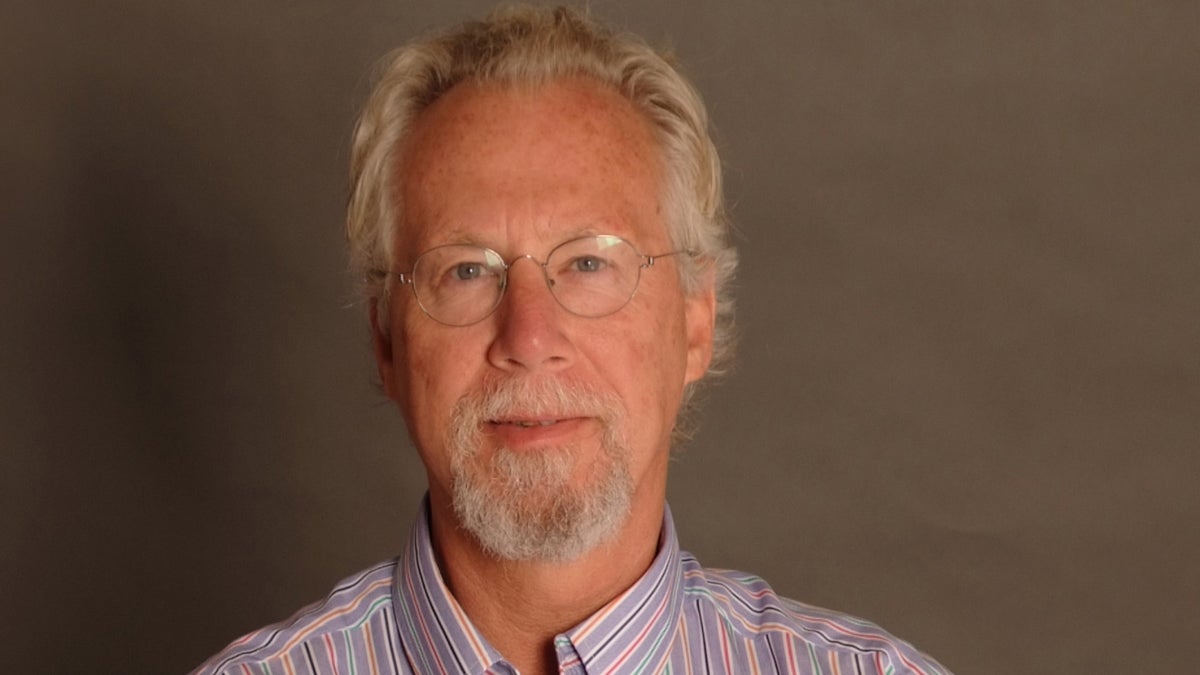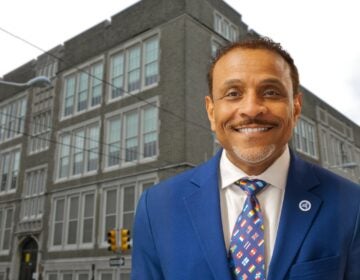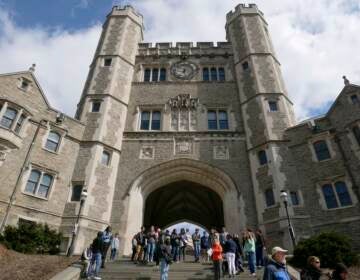Exit interview: SRC’s Joseph Dworetzky on hopes, frustrations and the future of Philly schools
Listen
Joseph Dworetzky
In many ways, Joseph Dworetzky was the “voice of people” during his four year tenure as a School Reform Commissioner — often casting the lone “no” vote on SRC decisions unpopular with the education advocates who regularly testify at the group’s action meetings.
Dworetzky, a lawyer by trade who spent time as City Solicitor in Ed Rendell’s mayoral administration, held views that often clashed with those of his SRC colleagues.
He voted “no” on the so called “doomsday budget” passed last May.
He voted “no” on the district’s acceptance of private money to develop more “high performing” district schools, saying that the decision would drain more resources from the rest of the district in the long term.
Dworetzky also often challenged the district’s logic in its proposals to close schools.
Last week, as Dworetzky’s SRC term was set soon to expire, Pennsylvania Governor Tom Corbett nominated two new SRC appointees – replacing Dworetzky with homelessness-support advocate Farah Jimenez, a Republican.
(Corbett also tapped Democratic City Councilman Bill Green to replace Pedro Ramos as SRC Chair.)
I caught up with Dworetzky last Friday afternoon to conduct an exit interview with the now-former commissioner shortly after the Governor’s announcement. Dworetzky came to the the interview suitcase-in-hand, and left immediately after to catch a flight home to San Francisco, which has been his primary home for the past two years.
Above, you can listen to the extended interview in which Dworetzky discusses his hopes, frustrations and lessons learned as a servant on the SRC’s unpaid, often emotionally-draining post.
Below I’ve transcribed a few of the interview’s highlights.
On his overall tenure on the SRC:
“It’s been a period of immense change and a lot of turmoil in the district…I don’t think the district’s in a good place. I mean, financially, it’s in a very unstable place, so I end my tenure with the perspective that a lot needs to be done…”
On what it’s like to often cast the lone “no” vote:
“I don’t think anybody likes to be consistently outvoted. So, yeah, I was frustrated at times…”
On what it’s like to sit through hours of public testimony at SRC action meetings:
“When I first started, and I saw the first line-up of speakers, I thought, ‘Whoa, this is going to take a long time.’ I found over time that it’s very informative. You learn a lot, and people come with raw emotion and people tell you what’s really important to them…In a way it’s the most important part of the job…and I really have come to value it.”
On what the new commissioners can hope to get done if confirmed by the state senate:
“A fundamental issue is that the school district doesn’t control the revenue side of the income statement. It just controls the spending side. So what can be done? I think that the superintendent has to focus on his external relationships with the two funders, with the city and with the state. He has to convince the general assembly in Harrisburg that the school district is responsible…there is just a limit to what you can do by cutting spending and I think we’re there.”
On what he thinks about charter schools in Philadelphia:
“I’ve spent a lot of my time trying to educate people about the charter issue. There is so much poor thinking on the subject that it’s very frustrating for me…We’re building two entire systems of education…the lost money created by this duplication is a staggering amount of money and it happens every time we open a new seat in a charter school and take a person out of one of the district schools…and that money is just lost to education. It’s just friction. It’s transition costs, and people don’t see that.”
In order to listen to the full interview, click the “speaker button” next to the headline above.
There Dworetzky also discusses the importance of neighborhood schools, his continued hopes for the renaissance school initiative, and his thoughts on whether families should send their children to district-run schools.
WHYY is your source for fact-based, in-depth journalism and information. As a nonprofit organization, we rely on financial support from readers like you. Please give today.





